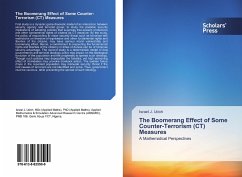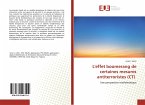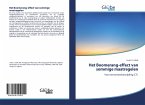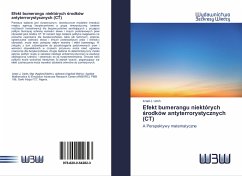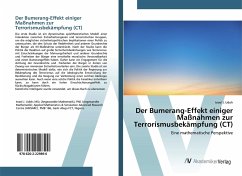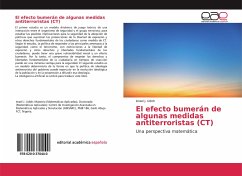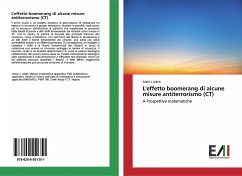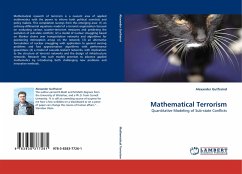First study is a dynamic game-theoretic model of an interaction between security agency and terrorist group; to study the possible security implications of adopting policies that suppress free-speech protections and other fundamental rights of citizens as CT measure. By the study, the policy of responding to major security threat such as terrorism with restrictions on freedom of expression and other fundamental rights and liberties of the citizens, may have serious moral vulnerability and boomerang effect. Hence, a commitment to respecting the fundamental rights and liberties of the citizenry in times of duress can be of immense security-advantage. The second study is a deterministic model of how government's anti-terrorist ideology policy may impact on the ideological evolution of the population and the propensity to spread such ideology. Though such policies may depopulate the fanatics, yet high worsening effect of intimidation may provoke blowback action. The sudden future drops in the repented population may insinuate security threat if the root causes of terrorism are not identified and solve. Thus, government must be cautious, while preventing the spread of such ideology.
Bitte wählen Sie Ihr Anliegen aus.
Rechnungen
Retourenschein anfordern
Bestellstatus
Storno

